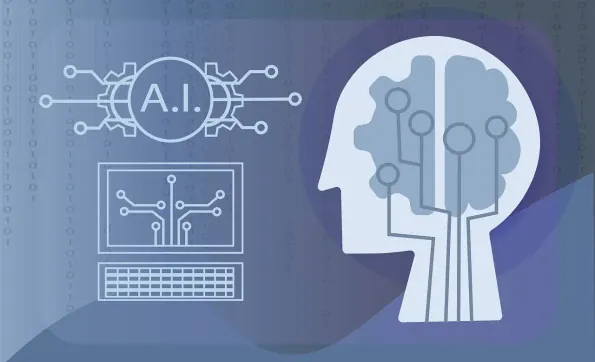With the rapid escalation of investment in generative Artificial Intelligence (AI) reaching a staggering $25.2 billion in 2023, data centers are experiencing unprecedented pressure to scale up and adapt to the increasing demands of AI-driven workloads. The traditional models of data centers are being challenged significantly, requiring extensive transformations to support the burgeoning requirements. One of the most notable trends is the exponential rise in power needs, with projections indicating that the power requirements will quadruple by 2028. This scenario presents a critical need for data centers to evolve their infrastructure and embrace advanced technological solutions.
To accommodate these growing needs, data centers must fundamentally change their architecture. This includes the integration of specialized hardware, such as graphics processing units (GPUs) designed for high-performance AI computations. In addition, high-density computing has become essential to manage the heavy workloads efficiently. Advanced cooling solutions are also becoming more prominent as they ensure that these powerful systems operate within safe temperature ranges. Consequently, the architectural transformation is not just a choice but a necessity for data centers wishing to remain competitive and relevant in the AI era.
Sustainability and infrastructure concerns have emerged as significant challenges that data centers must address. With rising power demands, there is a growing focus on integrating energy-efficient technologies and sustainable practices. The integration of renewable energy sources, such as solar and wind, into data center operations is becoming a priority. Moreover, advanced energy management systems are being implemented to optimize power usage and reduce carbon footprints. These efforts not only help in mitigating the environmental impact but also resonate with the increasing global emphasis on sustainability.
Alongside these infrastructural changes, the incorporation of AI into data center operations presents both an opportunity for innovation and a driver of new service offerings. AI can enhance operational efficiency by automating routine tasks, predicting maintenance needs, and managing energy consumption. This integration enables data centers to offer more resilient and adaptive services. The overarching trend illustrates that data centers are becoming pivotal in supporting AI growth, necessitating substantial transformations in their operational frameworks.
In conclusion, the future of AI is inextricably linked with the evolution of data centers. As AI continues to advance, data centers must adapt to handle increased demand by incorporating energy-efficient and high-performance solutions. The pressing need for innovation within data centers is undeniable, and understanding the unique demands of AI-driven operations remains crucial for stakeholders aiming to stay competitive. The next steps involve focusing on architectural adjustments, sustainability efforts, and the augmentation of data center capabilities to support AI’s expanding role in the digital landscape.













